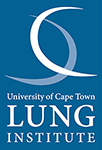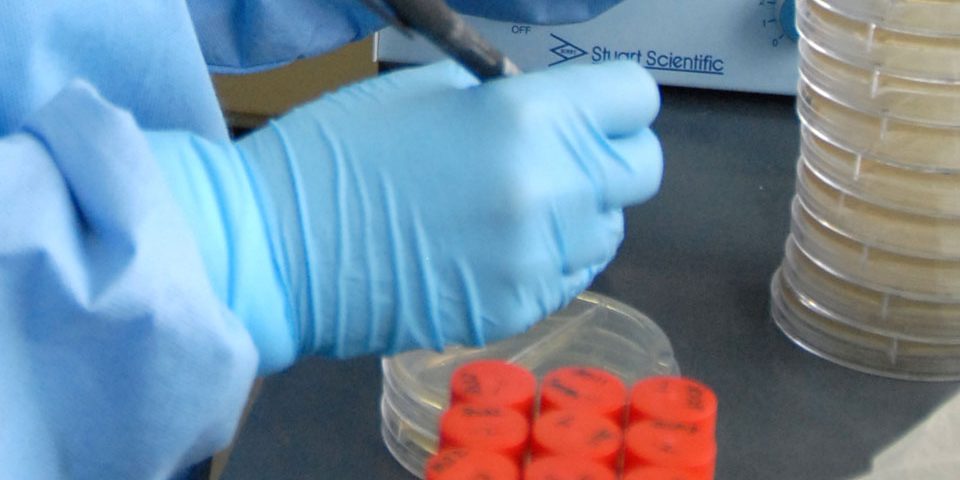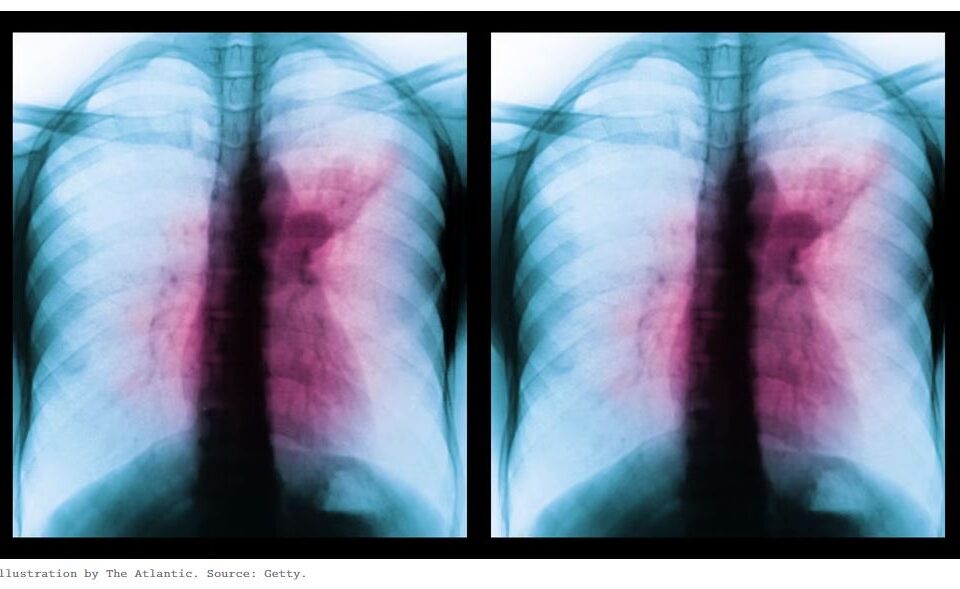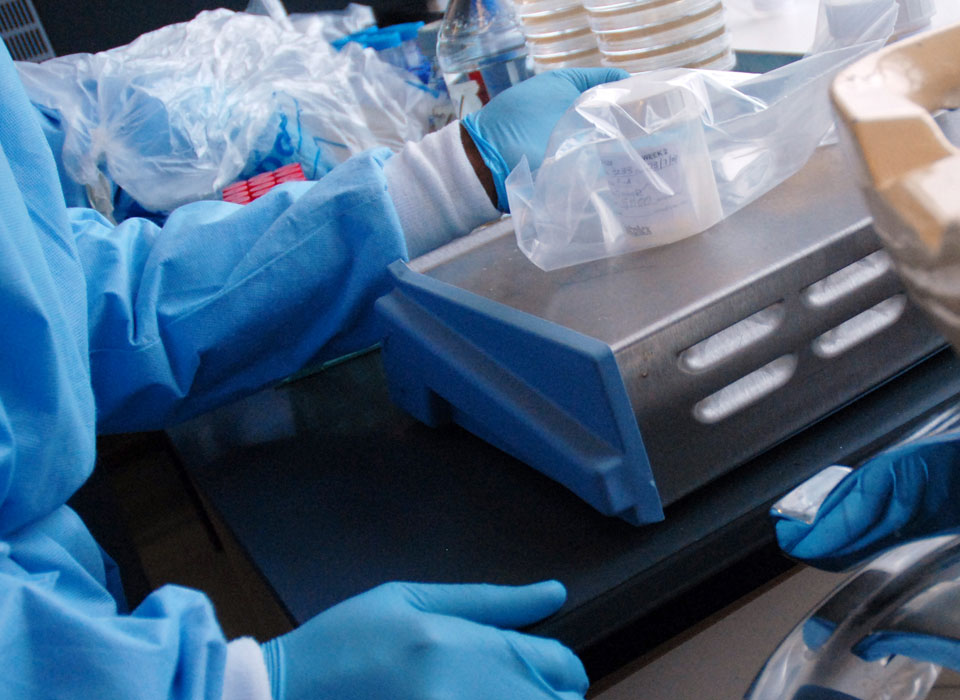


DNA-based detection test improves battle strategy against TB by finding undiagnosed cases in the community
20th January 2017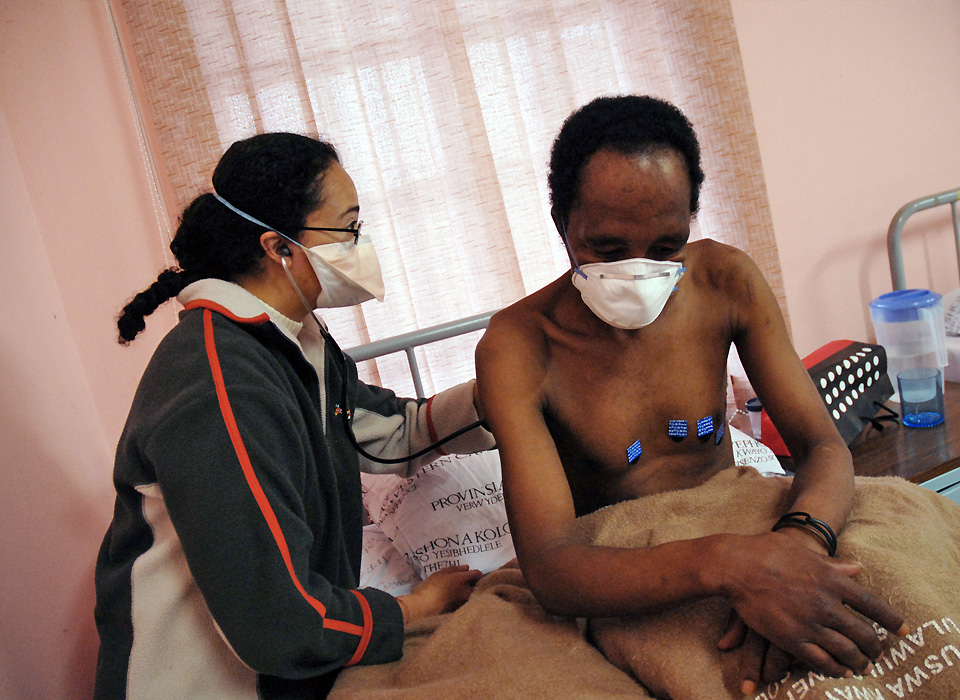


New TB test could help curb disease
26th January 2017Cape Town | TB researchers suggest that urgent action, including rapid diagnosis, wider access to newer and repurposed drugs, and bolstering home-based care and building long term community stay facilities for patients are pivotal in addressing the rising transmission and infection rates of incurable TB.
The DNA sequencing and aerosol sampling technology, used in the study which tracked more than 273 patients with XDR-TB (and incurable TB) in two Western and Northern Cape hospitals over a period of six years, found that of the two thirds of patients who were discharged from the hospital, most of these ended up with poor outcomes.
“More than half of the discharged patients with incurable tuberculosis remained alive for an average of only 16 months,” says UCT Professor of Medicine Dr Keertan Dheda. “These highly infectious patients were associated with the downstream generation of further cases of incurable TB”, highlighted Dheda.
Incurable TB refers to an almost totally drug resistant type of TB which has begun to supplant existing MDR and XDR –TB. Multi-drug-resistant TB (MDR-TB) refers to resistance to the two main TB antibiotics in the TB treatment regimen, whilst extensively drug resistant TB (XDR-TB) presents resistance to four key TB antibiotics. Incurable TB cases have now been documented in several countries including India, China, Russia, and Eastern Europe.
“The rise of incurable TB and TB in general also underscores the need to address poverty, overcrowding and the HIV epidemic in Africa, and globally,” says Professor Glenda Gray, President & CEO of the South African Medical Research Council (SAMRC). “This emphasises the need for appropriate containment strategies that will curb transmission”, Gray concluded.
Read more SAMRC MEDIA, 23 January 2017
